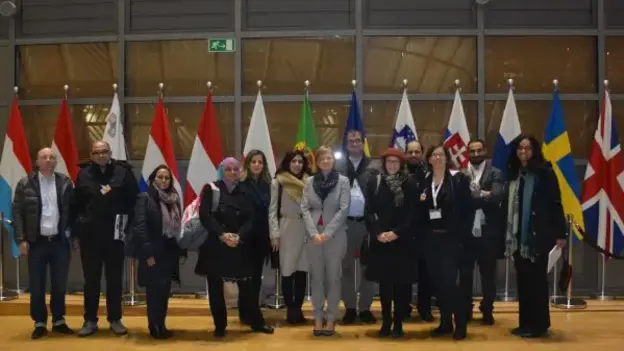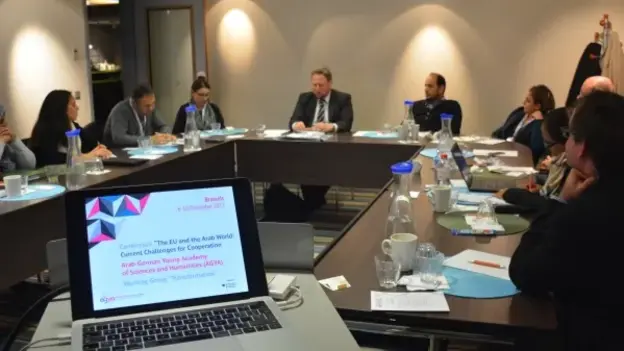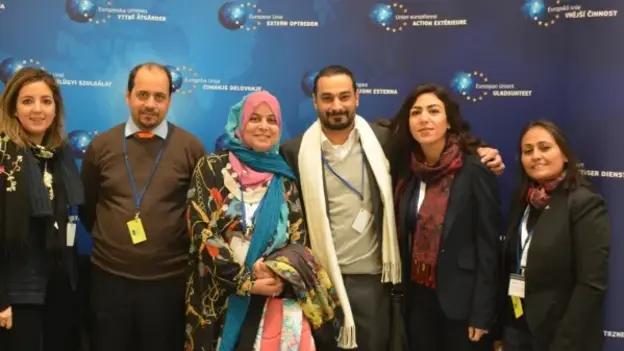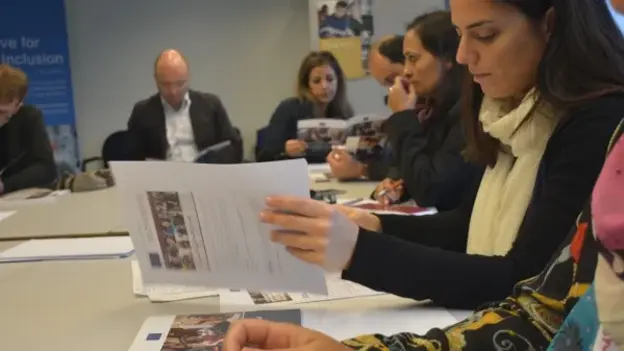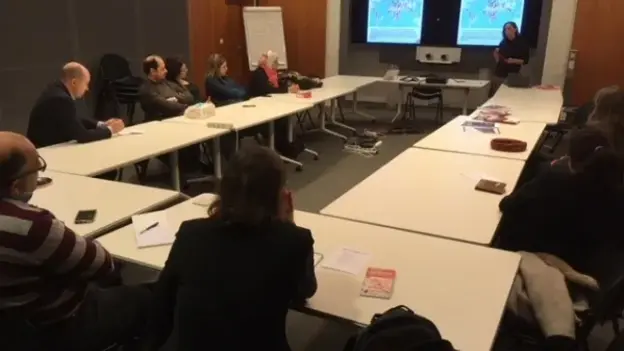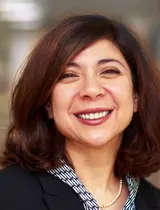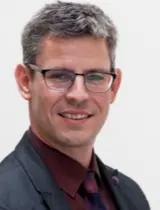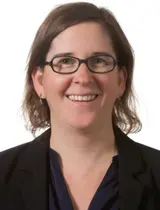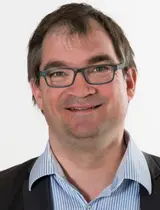Working Group Meeting
EU and its Mediterranean Relations
Round Table Discussion
Organised by AGYA member Dr Jan Claudius Völkel together with his working group colleagues, 15 AGYA members from Egypt, Jordan, Lebanon, Libya, Morocco, Russia, Syria and Germany discussed “The EU and the Arab World: Current Challenges for Cooperation” with high-level representatives of the European Commission, the European External Action Service, the Council of the European Union as well as the European Parliament. In addition, further meetings took place at NATO’s headquarter, the Permanent Mission of the Kurdistan Regional Government (KRG) as well as Médecins sans frontiers (MSF).
The Meeting started with two introductory lectures on the EU and its Mediterranean Relations by Dr. Jan Claudius Völkel and Dr Kristina Kausch (German Marshall Fund of the United States, Brussels Office). A first highlight was the following keynote speech of Prof. Dr. Michael Köhler, Head of Neighbourhood South in the European Commission’s Directorate-General Neighbourhood (DG NEAR), who critically reflected on the EU’s Southern relations from an insider’s perspective.
These insights were enriched by an intensive debate with Alar Olljum, Adviser to the Deputy Managing Director Middle East and North Africa in the European External Action Service (EEAS). Mr Olljum, who as an Estonian national reflected the ongoing transformation developments across the Middle East from his own country’s impressive transformation history, recalled that the establishment of the EEAS in December 2010 almost tragically coincided with the outbreak of the Arab Spring. However, while at the beginning many things remained procedurally unclear within the EEAS, famously described by its first High Representative Catherine Ashton in 2013 as “trying to fly a plane while still bolting the wings on”, the European Union has tried to respond to the various crises erupting across the Arab world after 2011. Particularly impressive were the insights into the Commission’s work in and with Syria, as outlined by Iris Abraham and two of her colleagues from the Commission’s DG Near.
A particular challenge, both on the political and humanitarian level, are the current high numbers of irregular migrants in the Mediterranean. Susanne Nielsen from the Council’s DG Justice and Home Affairs described the recent developments at Europe’s Southern shores and problematized the difficulties between human rights concerns and security interests of at least some EU member states, which are often discussed within the Council. The governments’ concerns were impressively contrasted by Inma Vasquez, Representative to the EU and NATO of “Médecins sans frontiers” (MSF), one of the organisations that have been involved in rescue and search operations in the Mediterranean Sea and that publicly rejected any further funding from the EU in protest against Europe’s increasingly restrictive measures against refugees.
Security-related issues also stood at the forefront of meetings at NATO’s headquarter, where Alicia Ambos, desk officer in the Middle East and North Africa Section in NATO’s Political Affairs and Security Policy Division, illustrated NATO’s main interventions within the region. She made clear that NATO is more than just a military organisation, namely a unique meeting place for diplomacy, with for instance major repercussions for the current relations with Turkey. How US President Donald Trump’s decision to recognise Jerusalem as Israel’s capital affects the future regional cooperation was meanwhile one of the main discussion points in the European Parliament, where the AGYA members sat together with François Massoulié, Head of Euro-Med & Middle East Unit, and Beatrix Immenkamp, Policy Analyst from the European Parliamentary Research Service.
A cultural approach to the relations between Europe and the Arab world was achieved through the visit of the current “Expo Islam” exhibition. This exhibition set the stage for a thought-provoking lecture on the current situation in Libya by Prof. Amal Obeidi, political scientist from Benghazi and currently working at the University of Bayreuth. Impressive was also a guided walk through Brussels “problematic quarter” Molenbeek. The explanations by Hend Aly about challenges and social and cultural initiatives in this central part of Brussels were a practical conclusion of the intensively discussed challenges between Europe and the Arab world.
- Disciplines Involved
- Political Sciences, Communication & Media Studies
- Venue
- Brussels, Belgium
- Project Title
- EU and its Mediterranean Relations: Visit to EU and NATO in Brussels
- Year
- 2017
- Funding Scheme
- Working Group Meeting
- Working Group
- Dynamics of Transformation
- Countries Involved
- Belgium, Egypt, Jordan, Lebanon, Morocco, Russian Federation, Syrian Arab Republic, Germany
